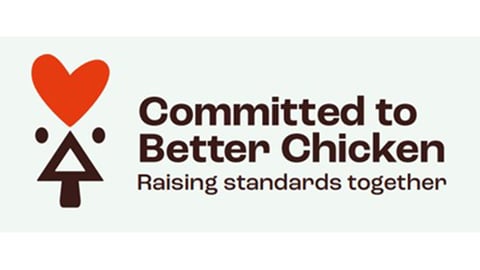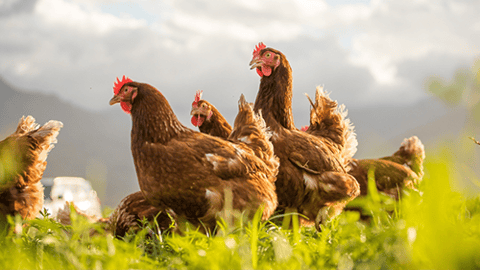Opposition to California’s Prop 12 Gaining Steam
Compliance with California’s Proposition 12, which bans the sale of pork and egg products from animals in crowded pens and cages, became mandatory after the U.S. Supreme Court ruled against an appeal in 2023 by the National Pork Producers Council and the American Farm Bureau Federation. However, efforts to dismantle the animal welfare-based law have been ongoing since its approval in 2018.
The mission statement of Prop 12 is to serve animal agriculture producers and California consumers by promoting and protecting the welfare and care of animals in agriculture, so that Californians have access to food sourced from humanely and sustainably raised animals.
Opponents argue the law has unintended consequences, however. Because Prop 12 only allows for specialty products such as free-range eggs and pasture-raised pork, producers nationwide reportedly have to spend millions overhauling their farms to sell “California-compliant” eggs and pork, thereby raising grocery prices for consumers across the country.
The latest pushback against Prop 12 comes from think tank Center for Environment and Welfare (CEW). On May 5, CEW launched a new education campaign urging Congress to stop the “far-reaching consequences” of Prop 12.
The Food Price Fix campaign rolled out with a website, educational video, and letter-writing initiative asking voters to contact their lawmakers and urge them to pass a federal fix.
“Consumers who have never stepped foot in California are paying the price for its overreaching, inflationary law,” said Will Coggin, research director at CEW. “Legislators must take steps to nullify Prop 12 and bring down grocery prices for hard-hit American families.”
The campaign follows the introduction of The Food Security and Farm Protection Act. Last month, U.S. Sen. Joni Ernst, R-Iowa, and fellow Senate Agriculture Committee members Sens. Chuck Grassley, R-Iowa, and Roger Marshall, R-Kan., introduced the new legislation, which prohibits any state or local government from interfering with commerce and agricultural practices in another state outside its jurisdiction. The legislation is said to prevent a patchwork of more state regulations like Prop 12 from being enacted into law in the future.
Many agricultural producers are on board with this legislative solution.
“The proliferation of varying state and local laws that attempt to regulate farming and processing practices presents significant challenges,” noted Iowa Turkey Federation Executive Director Gretta Irwin. “These inconsistencies create unnecessary burdens for farmers operating across state lines, hinder efficient production, and undermine well-established, science-based practices developed in coordination with industry experts.”
"It’s crucial we recognize the negative consequences regulations like this create for the entire supply chain, starting with farmers and ending with increased prices for consumers. California’s Prop 12 creates a patchwork of rules that force farmers, including those in Iowa, to comply with costly regulations,” said Iowa Soybean Association President and farmer Brent Swart. “Not only do the increased costs of compliance threaten to put pork farmers out of business, Prop 12 increases the price of pork at the grocery store by as much as 40%. Higher prices for pork dampen demand for this high-quality protein, which negatively impacts market demand for soybeans used for pig feed."
The latest efforts to dismantle Prop 12 come at a time when most Americans are worried about affording groceries. The latest Consumer Price Index data shows food-at-home prices came in 2.4% higher on a year-over-year basis.
Also, according to new data from Chicago-based tech company Numerator, the price of a dozen eggs rose nearly $3 over last year. The average price per dozen reached $6.54 in March 2025, an increase of 82% compared with March 2024. While increased egg prices have indeed been an ongoing issue, a stabilization of the avian influenza situation and better supply numbers are reportedly relieving price pressures.
Digging deeper, Numerator's purchase data and April survey of 1,000 egg buyers also revealed that consumers are moving away from premium eggs. The company found that 46.1% of egg buyers said that they typically purchase standard eggs, while 26.8% said that they purchase whatever is cheapest. Cage-free, free-range, pasture-raised and organic eggs all dropped four or more percentage points from the January survey.






